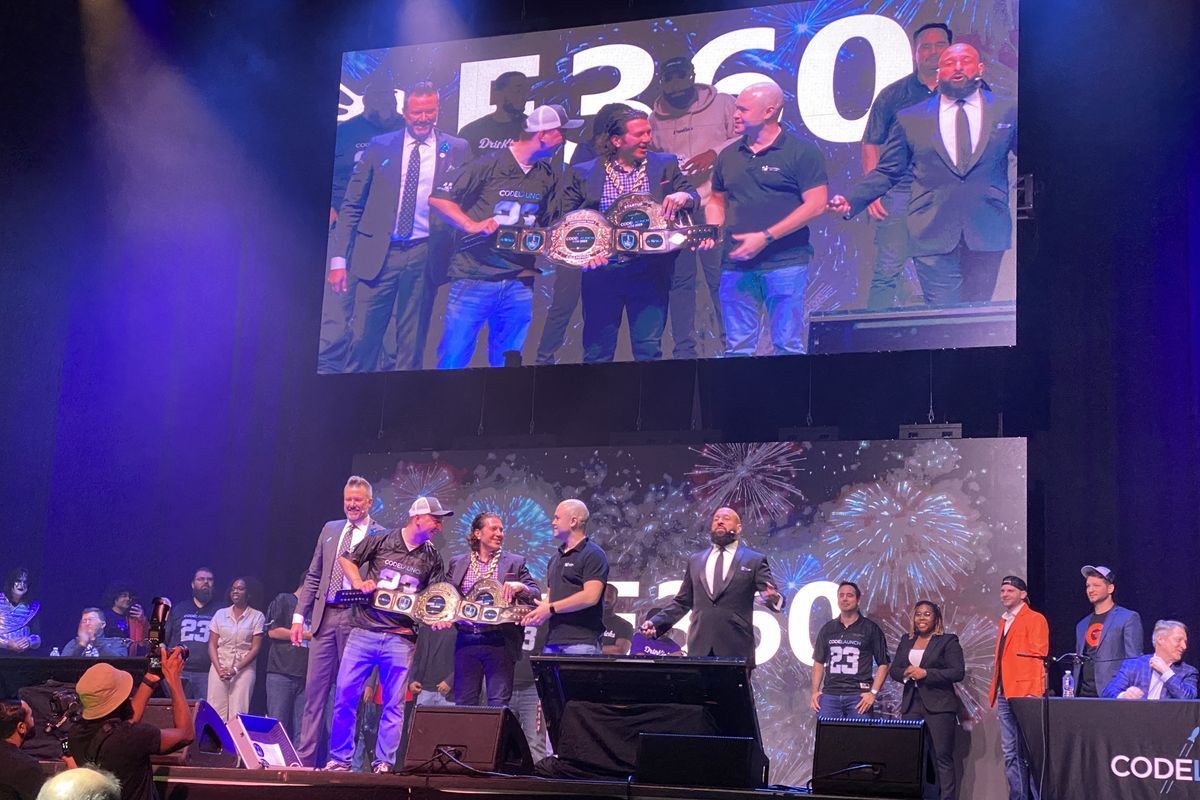The University of Houston and Rice University have announced the cohorts for their summer accelerators that advance university-founded startups and small businesses.
The two schools run four programs in tandem with each other every summer for about a decade. There are nearly 30 companies this year being accelerated across the four programs, which are:
- Rice's OwlSpark is focused on early-stage startup teams.
- UH's RED Labs is focused on early-stage startup teams.
- Rice's BlueLaunch is focused on non-tech small businesses.
- UH's RED Launch is focused on non-tech small businesses.
"A very cool part of the program is that we partner every summer with Rice University's OwlSpark and Blue Launch," says Liana Gonzalez-Schulenberg, managing director of RED Labs. "It creates this really incredible network across the universities and allows both schools to bolster and benefit from each other.
"We share staff, we share mentors, we share speakers, we co-host the demo day, and we even share the catering bill," she continues. "It's a really special part of the program that I think has brought endless value to the founders, the universities, and Houston."
The 12-week program takes each of the teams — all of which have a university-affiliated founder, from undergrad to faculty — through key programming and mentorship. The final event includes a pitch day, called the Bayou Startup Showcase, where all of the companies share their business plans they've created through the program.
“I’m excited to support these new ventures with highly curated offerings and rich mentorship, propelling them to commercial success,” said Jessica Fleenor, managing director of BlueLaunch and OwlSpark. "We have built a long-standing culture of advocacy and collaboration, and look forward to upholding that in our largest cohort to date."
The selected companies for the four programs are as follows.
RED Labs (cohort 11)
- We Felt It 3-D prints customized modifications to mobility devices like canes, walkers, and wheelchairs that maximizes comfort during use.
- Zoop makes nutrition easy, clean and sustainable smoothie premixes which can be consumed anywhere and anytime by just mixing it with any of the preferred mixer (Water, Vegan milk, Milk, etc.)
- Orbit is an application that allows users to understand the stock market through practice and training.
- Team X is creating a company around nanoporous membrane technologies that recovers metals from wastewater and brine.
OwlSpark (cohort 11)
- Terradote will manufacture cost-competitive, petroleum-free chemicals using captured carbon dioxide, methane and renewable bio-based materials.
- Biomethanator’s biofilm bioreactors utilize biomethanation to convert industrial-waste carbon dioxide to methane, which can be used as fuel or in other industrial applications.
- Taurus Vascular is developing a minimally invasive catheter for addressing the most pressing complication of endovascular aortic aneurysm repair: endoleaks.
- Voythos offers a mobile physician companion that monitors electronic medical records, prompting action and initiating care workflows.
- AiKYNETIX is developing a video analytics platform for human motion insights, focusing on a mobile running lab for runners and coaches.
- AllStars is building an affect-sensitive educational tool for self-studying and blended classroom learning.
- Eureka Hub is developing a marketplace where data and research scientists can publish, manage, share and revise analytical models for data sets across diverse applications.
- ScoutBetter is an end-to-end recruiting platform that connects students with corporate campuses and provides recruiters access to university talent.
RED Launch (cohort 2)
- Curio Sweets is a vegan dessert brand that provides wholesale desserts and services including: consultation; recipe development; and contract baking of their product.
- Space City Vinyl is a vehicle wrapping business that offers a quick and non permanent color change of vehicles.
- Venus by Design is a handmade jewelry company
- First Byte Digital consulting firm that helps mom and pop restaurants and non-profits establish a robust online presence by offering a wide range of digital conversion services.
- 2tinys designs, prints, and cuts stickers with the plan of expanding into art prints and stationery items.
- Lacey's Art paints dog portrait artwork. They partner with shelters to find models (and provide some help to getting the dog adopted), and then sells the prints.
BlueLaunch (cohort 2)
- Archway Family Medicine provides medical care to patients through a monthly membership model known as direct primary care.
- rdy helps communities recover from disasters faster and more equitably by working with local organizations to plan for them.
- 610 Smokehouse is a mobile food service and catering company that serves “Texan Fusion,” a unique cuisine that combines traditional Texas barbecue with diverse Houston food.
- Serendipity Picnic is a unique picnic with all the goodies and essentials wrapped in a beautiful, lightweight, easy-to-carry and reusable “BlanKIT.”
- La Mer Macaron offers an assortment of homemade French macarons.
- TenTwelve provides residential construction and remodeling services.
- DHA America customizes, designs and sells powder-coated and galvanized fence panels, posts and accessories.
- All About Baby provides bespoke tableware for babies transitioning to solid foods.
- MeowPlanet is opening a cat lounge.




